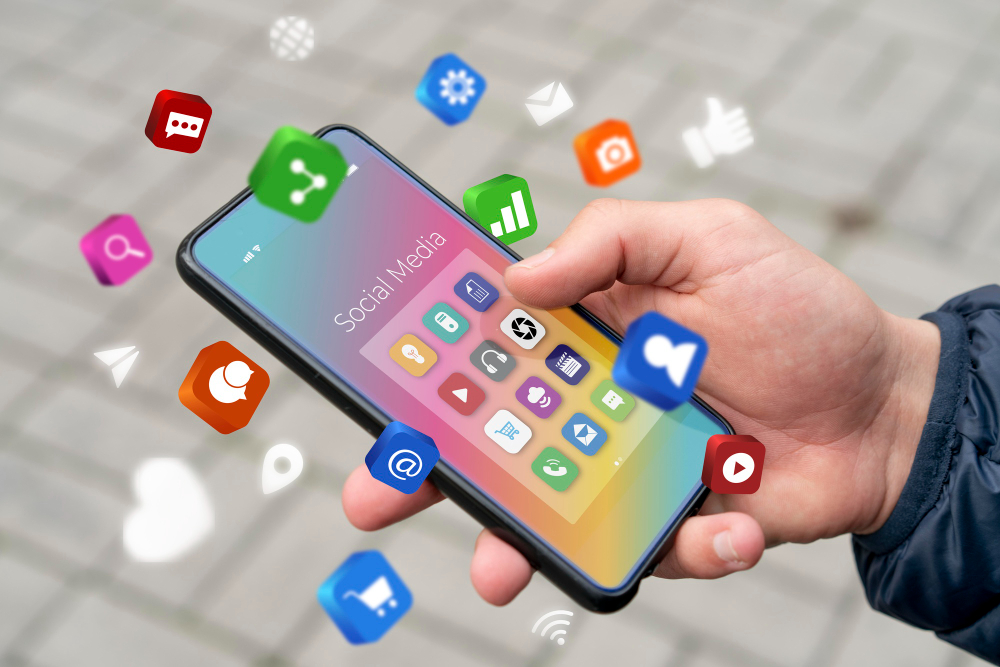In today's digital world, social apps have become an inseparable part of our lives, profoundly influencing how we interact and communicate with one another. These apps, accessible via smartphones and other devices, have transformed the way we connect, share, and collaborate. Let's explore the evolution of social apps, their societal impact, and their role in shaping the future of communication.
The Evolution of Social Apps
Social networking began with the advent of the internet, but it wasn't until the early 2000s that platforms like MySpace and Friendster popularized the concept. However, it was Facebook's arrival in 2004 that truly revolutionized social networking. With its user-friendly interface and extensive features, Facebook quickly became the dominant player in the market.
As smartphones became ubiquitous, social networking migrated from desktops to mobile devices. This transition gave rise to a new generation of social apps such as Instagram, Snapchat, and Twitter. These platforms focused on visual communication, allowing users to share photos, videos, and thoughts in real-time, catering to the evolving preferences of users, especially younger generations.
The Impact of Social Apps
Social apps have had a profound impact on society, fundamentally changing how we communicate, consume information, and express ourselves. These platforms have democratized media creation and distribution, empowering individuals to share their stories and perspectives with a global audience. Social apps have also played a crucial role in social movements and activism, amplifying marginalized voices and sparking important conversations.
From a business perspective, social apps have transformed marketing and advertising. Platforms like Facebook and Instagram offer powerful tools for businesses to engage with their audience, target ads effectively, and track campaign performance. Social media influencers have emerged as influential figures, leveraging their online presence to promote products and connect with their followers in authentic ways.
Furthermore, social apps have reshaped how we consume news and entertainment. Platforms like TikTok and YouTube have redefined the media landscape, allowing users to discover and share content tailored to their interests. With the rise of algorithms and personalized recommendations, social apps have become curated experiences, shaping the information we encounter online.
The Future of Social Apps
Looking ahead, social apps will continue to evolve and innovate in response to technological advancements and changing user behaviors. Augmented reality (AR), virtual reality (VR), and artificial intelligence (AI) are poised to play a significant role in the future of social networking. These technologies will enable new forms of interaction and immersive experiences, blurring the lines between the physical and digital worlds.
However, as social apps evolve, so too will the conversation around privacy and security. Users are increasingly concerned about how their data is collected, stored, and used by these platforms. Issues like misinformation, cyberbullying, and online harassment also remain significant challenges that social app companies must address.
Conclusion
In conclusion, social apps have become integral to how we communicate, connect, and collaborate in our digital world. From their humble beginnings to their current dominance, these platforms have transformed the way we interact with one another and the world around us. As we look to the future, social apps will continue to shape the way we communicate, innovate, and navigate our increasingly interconnected world.





Comments